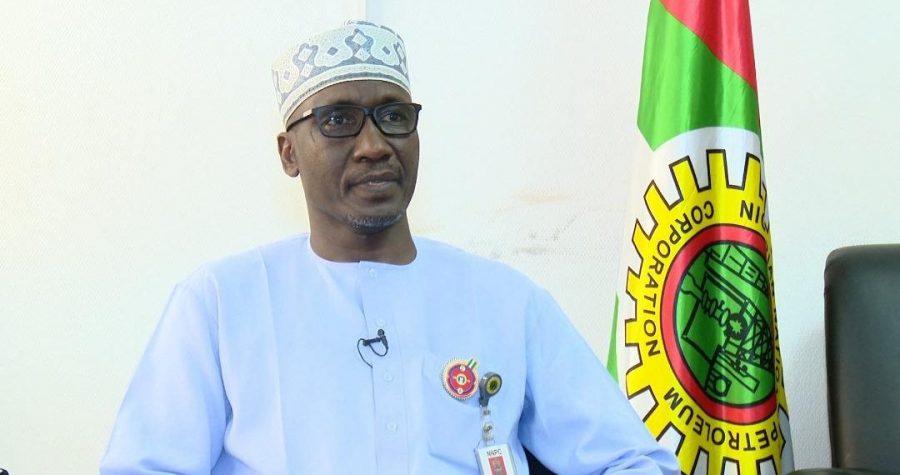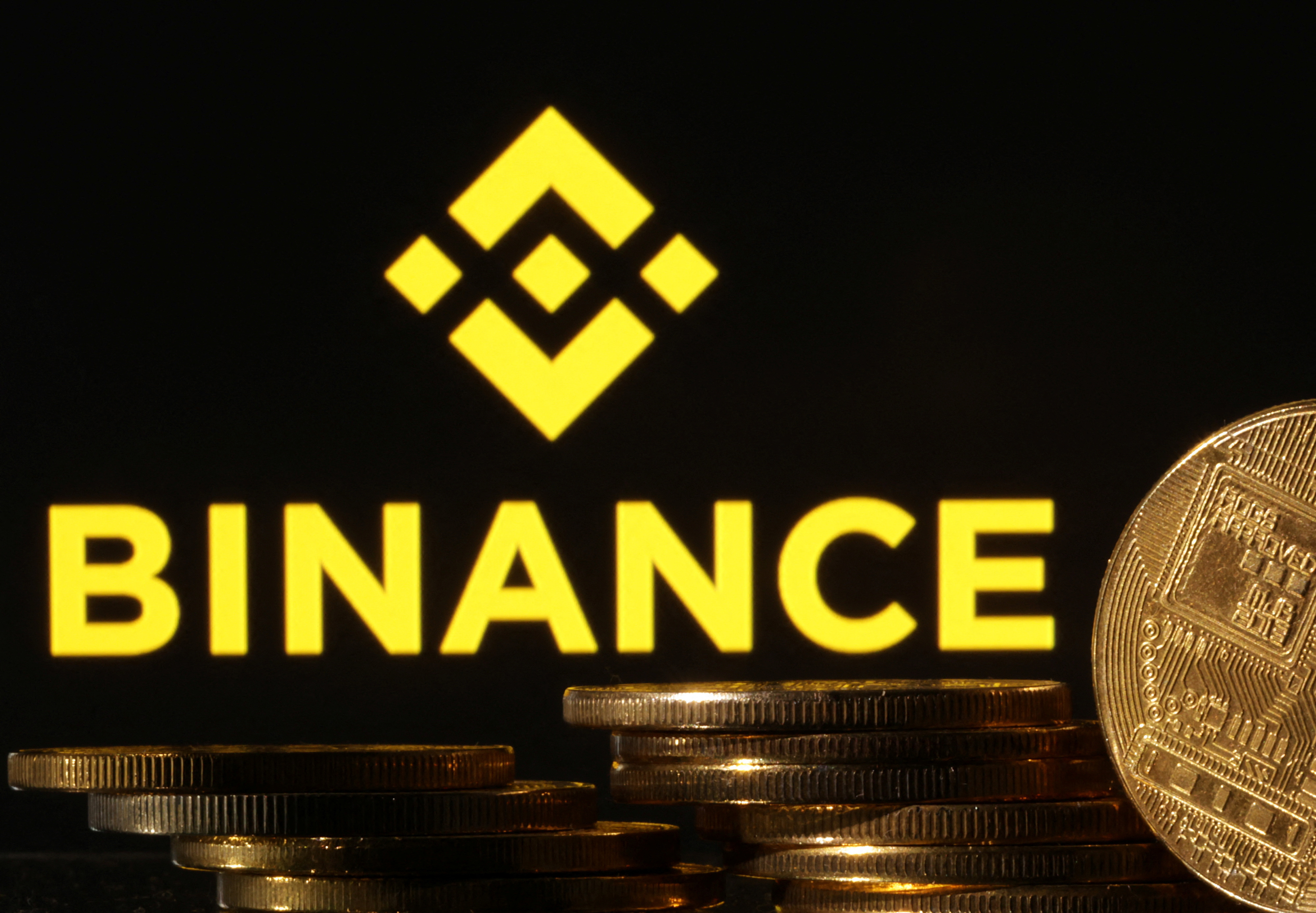The Group Chief Executive Officer of the Nigerian National Petroleum Company Limited, Mele Kyari, has said that the country would stop importing petroleum products by 2023.
Kyari disclosed this during a press briefing at the state house in Abuja, on Tuesday.
Kyari, who spoke during the weekly Ministerial Briefing, hosted by the Presidential Communication Team at the Presidential Villa, Abuja, noted that the NNPC had the right to 20 per cent of production from the Dangote refinery.
He said the Dangote refinery which would begin next year would augment the output from state-owned refineries to meet Nigerians’ demand for petroleum products.
“The NNPC owns 20 per cent equity in the Dangote refinery and not only that, and we’re very proud of this. We’re not only owning 20% equity, we have the first right of refusal to supply crude oil to that plant. But we saw this energy transition challenge coming we knew at that time will come when you will look for people who will buy your crude oil you will not find and that means that we have locked down the ability to sell crude oil for 330,000 barrels minimum by right for the next 20 years.
“Also, by right also we have access to 20% of the production from that plant. That means that whatever it does, you know we have a right to take 20 per cent of that production as part of our equity and this refinery will come on stream latest by the middle of next year.
“Projection is the first quarter, but we think that it can come up latest by the middle of next year. If it does, this refinery alone, because it has a 650,000 per barrel capacity and different technology, means that it can crack the crude in a manner that you can have more gasoline than a typical refinery.
“That means that the refinery has the ability to produce up to 50 million litres of PMS. So, the combination of that and our ability to bring back our refinery will completely eliminate any potential petroleum product into this country next year. You will not see any importation into this country next year. This is very practical. This is possible,” Kyari said.
“As a matter of fact, when we’re done with our refineries and the Dangote Refinery, very many small initiatives that we are doing; small, modular, condenser refineries that we’re building, if that happens, and we are very optimistic it will happen, you will see that this country will now be a net exporter, we hope of export of petroleum products, not just to the west African sub-region, but to the rest of the world.
“This will happen, and the flow of supply will change. By the middle of next year, it will change. So, you will have no need for the importation of petroleum products into this country by the middle of next year,” Kyari added.

 News6 years ago
News6 years ago
 Featured6 years ago
Featured6 years ago
 Boss Picks6 years ago
Boss Picks6 years ago
 Headline6 years ago
Headline6 years ago
 Headline6 years ago
Headline6 years ago
 Headline5 years ago
Headline5 years ago
 Headline6 years ago
Headline6 years ago
 Headline6 years ago
Headline6 years ago












